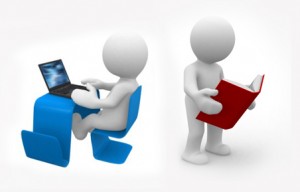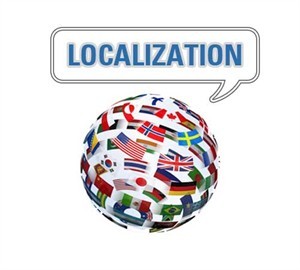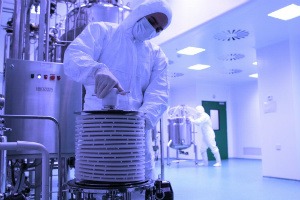Life sciences translation, or translating any life sciences text for that matter, is nothing like translating a literary work or an operating manual for a dishwasher. Unlike these examples, this highly technical type of translation must pass through an extremely rigorous process in order to ensure accuracy and quality. As pharma companies that have expanded into international markets well know, the need for pharma translation can arise at any stage: R&D, clinical trials, regulatory submission, manufacturing, or even sales and marketing. Let’s take a look at the important role that translation services play at each stage.
Life Sciences | Pharma Translation and Developing New Drugs

For these types of texts, translators must have a solid background in the specific field they are translating for, as well as knowledge of the terminology of both the target and source languages. Despite the fact that automated translation is relatively quick and yields a basic understanding of the material, it usually doesn’t produce accurate results. This is because machine translation often misses the subtle cultural and linguistic differences that exist between different populations that speak a different or even the same language – something that can be disastrous or a hindrance to market in many instances of drug research. This brings us to the next stage of drug development for which accurate pharma translation is absolutely essential.
Life Sciences | Outsourcing Pharma

Companies that seek approval for their products in global markets must submit dossiers, labeling, and other relevant clinical trial documents to the appropriate regulatory authorities. In addition to the countries of the European Union (encompassing 24 official languages), emerging countries such as Brazil (requiring Brazilian Portuguese translation), Russia (Russian translation), India (translation for over 12 official languages on the national level alone), and China (Simplified Chinese translation), have become increasingly important markets, thereby increasing the demand for pharma translation regarding regulatory documents into these languages. It is important to note that because there is no unified system, translators must have a knowledge of each country’s requirements.

Life Sciences | Succeeding in Global Markets

About Language Connections:
Language Connections is one of the top language service companies in the US. Over the last 30 years, we’ve focused on providing the best business translation services, interpreting services, as well as interpreter training and customized language training programs. In addition to top-tier corporate language training, we offer certified corporate interpreters and professional business translation services in 200+ languages. Our network includes linguists with backgrounds in all major industries. They’re ready to meet your needs, whether they’re for technical translation services, legal translation, government translation services, international development translation services, education translation services, life sciences translation, or something else. Reach out to us today for a free quote on our cost-efficient and timely translation services, interpreters, or other linguistic services.
Language Connections Inc.
2001 Beacon Street, Suite 105,
Boston, MA 02135
Phone: +1-617-731-3510
Email: service@languageconnections.com


